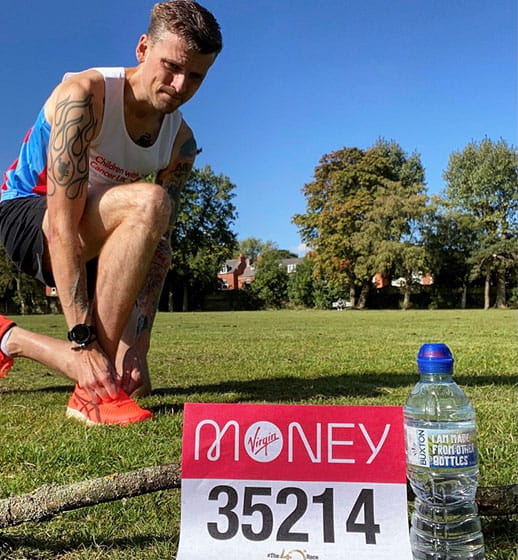Why, when and how you should drink water during a marathon
Brought to you by Buxton Water
As Marathon Day approaches, the brave and big-hearted among you are getting ready for the starter’s gun. Hats off! By signing up to the TCS London Marathon you’ve won our everlasting respect. And to show it we’d like to share some top runner’s tips with you.
Now we know there’s a lot racing through your mind right now – what will the weather be like, how can I stay hydrated, what shorts shall I wear? Well, you’re on your own with the shorts and weather, but we have a few hydration strategies to help you all on Marathon Day.
